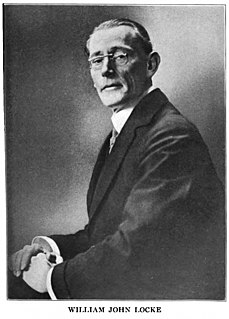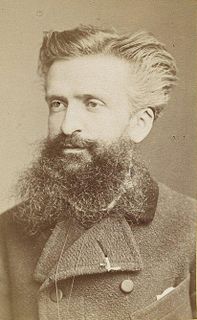A Quote by J. G. Ballard
Civilised life, you know, is based on a huge number of illusions in which we all collaborate willingly. The trouble is we forget after a while that they are illusions and we are deeply shocked when reality is torn down around us.
Related Quotes
The master and the student on the journey to mastery, knows that the illusions are the illusions, decides why they are there, and then consciously creates what will be experienced next within the self through the illusions. When facing any life experience, there is a formula, a process, through which you may choose to move through mastery. Simply make the following statements: One, nothing in my world is real. Two, The meaning of everything is the meaning I give it. Three, I am who I say I am, and my experience is what I say it is. This is how to work with the illusions of life.
What then is truth? A movable host of metaphors, metonymies, and anthropomorphisms: in short, a sum of human relations which have been poetically and rhetorically intensified, transferred, and embellished, and which, after long usage, seem to a people to be fixed, canonical, and binding. Truths are illusions which we have forgotten are illusions — they are metaphors that have become worn out and have been drained of sensuous force.
The capacity for people to kid themselves is huge. Living on illusions or delusions, and the re-establishing of these illusions or delusions requires a big effort to keep them from being seen through. But a very old idea is at work behind our current state of affairs: enantiodromia, or the Greek notion of things turning into their opposite.
Truth is a mobile army of metaphors, metonyms, anthropomorphisms, in short a sum of human relations which have been subjected to poetic and rhetorical intensification, translation and decoration […]; truths are illusions of which we have forgotten that they are illusions, metaphors which have become worn by frequent use and have lost all sensuous vigour […]. Yet we still do not know where the drive to truth comes from, for so far we have only heard about the obligation to be truthful which society imposes in order to exist" from, "On Truth and Lying in a Non-Moral Sense".
Being tired of all illusions and of everything about illusions – the loss of illusions, the uselessness of having them, the prefatigue of having to have them in order to lose them, the sadness of having had them, the intellectual shame of having had them knowing that they would have to end this way.




































